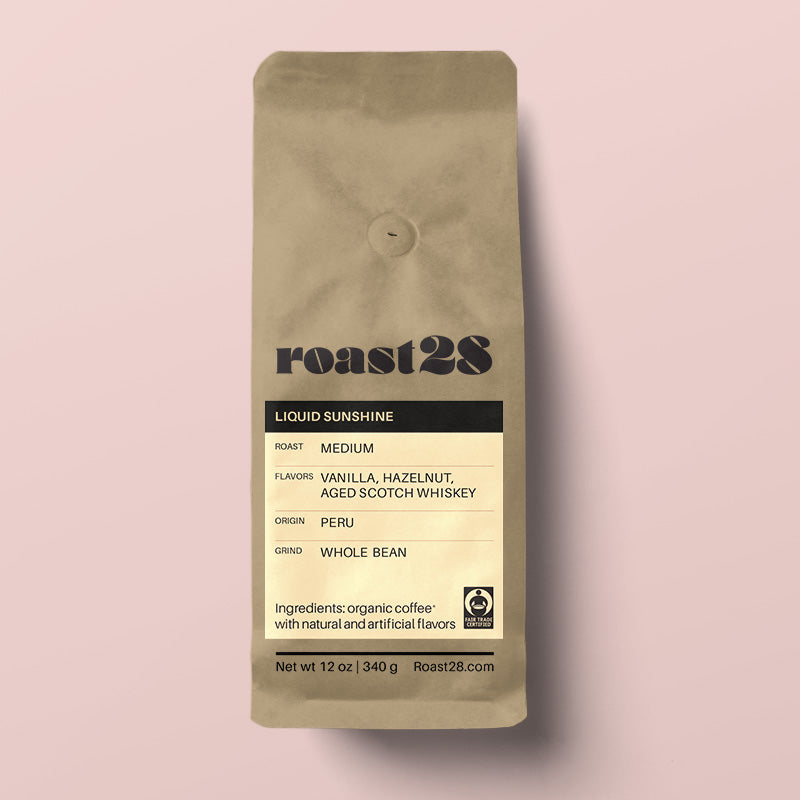Arabica and robusta are the two main types of coffee beans found in Fair Trade and Organic coffee blends. Arabica beans offer complex, delicate flavors, while robusta brings a bolder, earthier experience. Both types can be USDA Organic-certified and are often used in organic dark roast beans from regions worldwide. Flavor depends on multiple factors, including bean variety, processing method, and roast level.

How we experience Arabica and robusta coffee flavor
Flavor in coffee is a mix of aroma, taste, and aftertaste. Aroma includes scents like floral, nutty, or spicy. Taste refers to what your tongue senses—sweet, sour, bitter, salty, and umami. Aftertaste is what lingers after you swallow, often revealing hidden notes. These three elements work together to shape the coffee experience.

How to spot quality in your cup
Specialty coffee has clean flavors, vibrant acidity, and a smooth mouthfeel. Lower-grade coffee often tastes flat, bitter, or harsh. Certified organic blends and Fair Trade dark roast coffee usually avoid defects common in lower-grade beans. Look for beans with traceability and cupping scores above 80 to ensure high quality. Good coffee should excite your senses from the first sip.

Flavor notes in Arabica coffee
Arabica beans often feature bright acidity and a lighter body. You might taste fruit, chocolate, honey, or floral tones. These beans are popular in certified organic blends due to their smooth, refined profiles. Arabica is often used in organic dark roast beans to add depth and sweetness. It’s perfect for those who love nuance and subtlety.

Flavor notes in robusta coffee
Robusta beans have a stronger, more bitter taste with a heavier body. Common flavor notes include wood, smoke, and dark chocolate. They are often used in Fair Trade and Organic coffee blends for an extra caffeine kick and bold flavor. USDA Organic-certified beans can include robusta to balance sweetness with strength. Robusta suits drinkers who enjoy rich, intense brews
When flavor goes wrong: off-grade coffee notes
Off-grade Arabica may taste sour, moldy, or papery. Defective robusta can be rubbery, overly bitter, or have burnt aftertastes. These flavors come from poor farming, bad processing, or improper storage. Avoid these flaws by choosing certified organic blends with transparent sourcing. Stick to Fair Trade dark roast coffee to enjoy bold flavors without defects.




